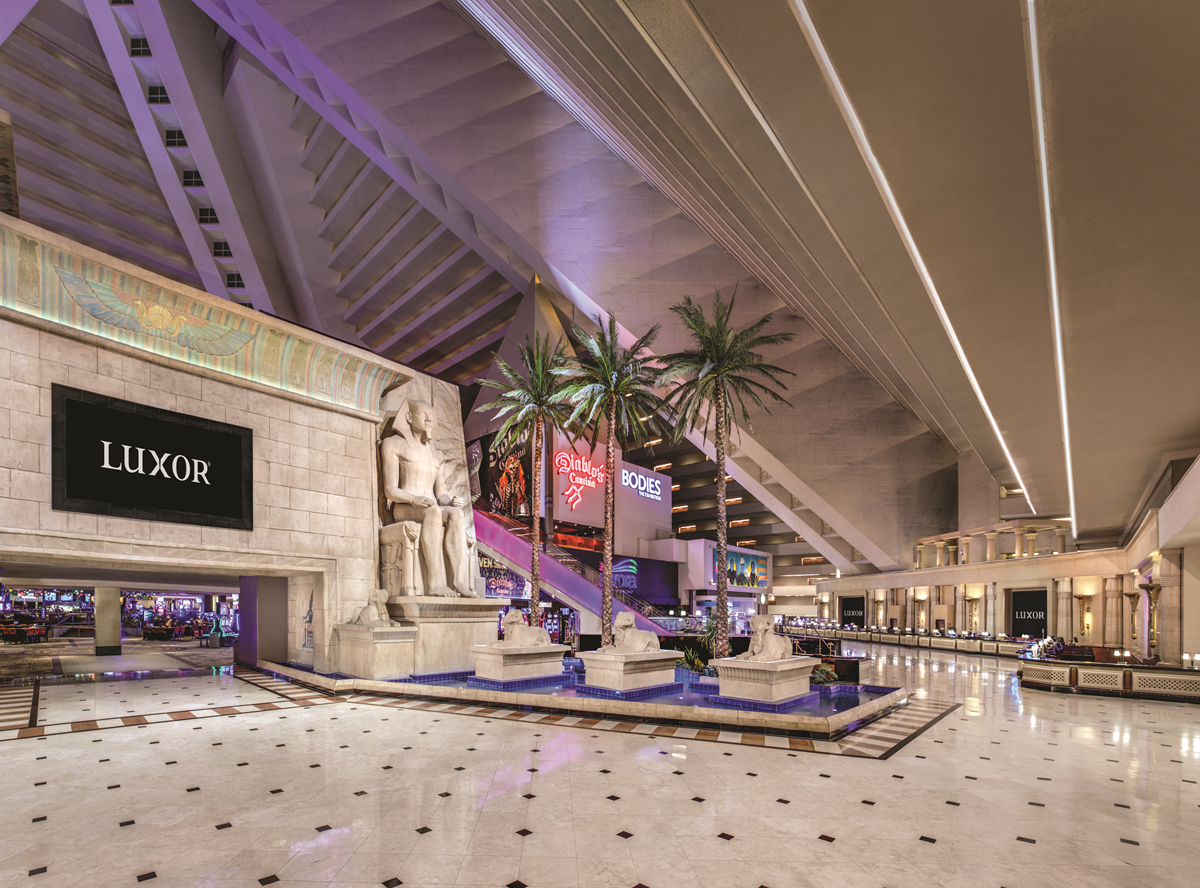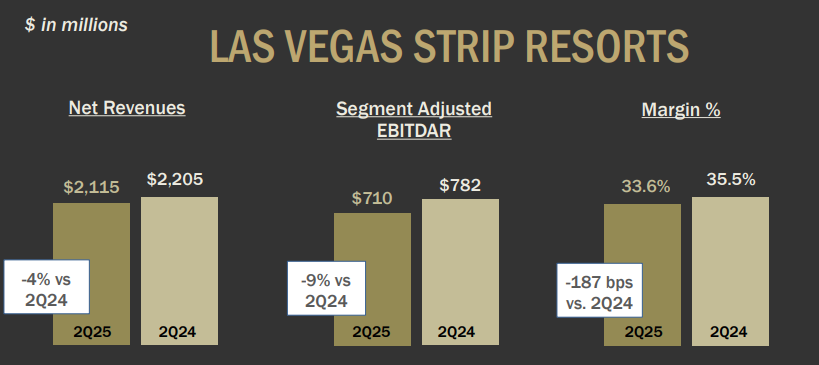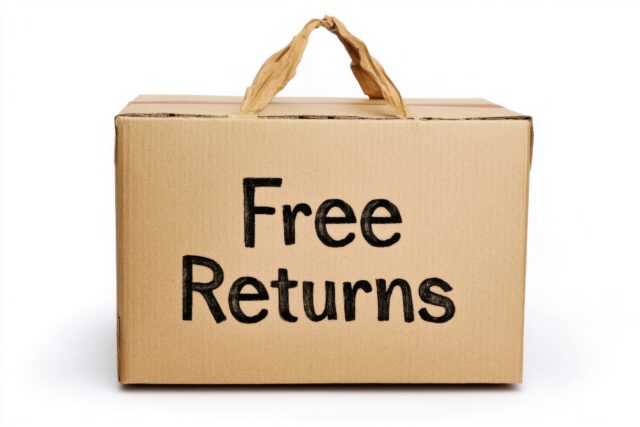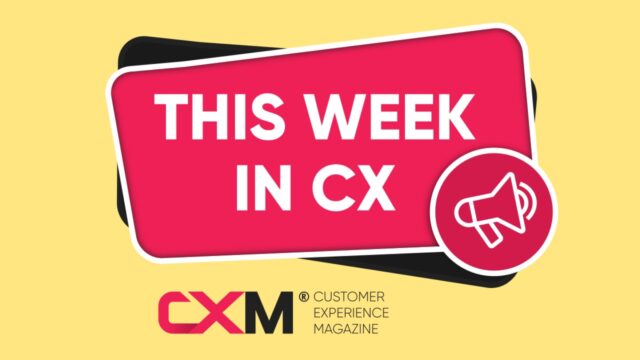August 29, 2025
Not Vegas, Baby! The Need for New CX in a Dying Hospitality City

Las Vegas has taken something of a hammering as a destination recently. Resort bookings are down, trade event attendance is falling, and there’s talk of some moving elsewhere.
It seems the lure of the night lights and glitz is fast falling out of favour with a belt-tightening American public hit by soaring costs. International visitors are upset at US tariffs and an unwelcoming Homeland Security shakedown (Canadian visitors are down nearly 50%).
As prices rise to keep hospitality businesses afloat, tips have crashed creating a financial nightmare for hospitality workers reliant on them to top up their income. All that amid hiring freezes and staff cuts. Hardly creating a welcoming atmosphere for customers with tighter wallets.
At the broader end of Vegas’s problems, traffic to Vegas airport continues to plummet and Delta Airlines just announced it is reducing services from California airports from January 2026. And where it matters, here are MGM’s latest financials (PDF) from the strip…

Can CX Save Vegas?
Considering Vegas’s problems, hospitality luminary Luke Palladino stated that, “Somewhere along the way, Las Vegas has lost its consumer-first thinking.
The city once stood for hospitality, creativity, reinvention, and value. It was a place that gave to the guest first—through service, through experiences, through entertainment that felt larger than life.
But today, too often, the focus feels like it has shifted toward taking from the consumer. And taking always comes from a place of lack. Lack never produces prosperity.”
The story of The Luxor Hotel illustrates many of Vegas’s underlying problems. In response, Las Vegas businesses, primarily in the hospitality and entertainment sectors, are evolving their customer experience strategies to stay relevant, win back customers and increase their spend. While new laws aim to address the fairer wages issue.
Hotels have been innovating with CX for years, with Rose an early chatbot success story for The Cosmopolitan Hotel, but Palladino highlights a sense that automation won’t help when resorts need to win people’s hearts.
Especially when most hotels already use common features like contactless check-in and check-out, as a way to minimise interactions.
Some solutions are simple, many hotels have switched their free parking to $25-or-more a day as a simple cash grab. Reverse that and visitors might get the feeling they aren’t been taken for granted.
The Big Trick Las Vegas Must Pull Off
But the big idea that could save Vegas is pulling in the Gen Z market. A culture that drinks less, gambles a lot less and has a broader sense of fairness, particularly worker exploitation in this instance.
A Vegas that offers better working conditions and broader entertainment options beyond gaming, and long-in-the-tooth acts like David Copperfield, Blue Man Group and the Fantasy Revue would appeal more.
And across all hotels and casinos, the experience needs to feel more personal. With more and higher-value interactions, better benefits and comps for those who do gamble. But above all building a level of trust with Gen Z that they will reward.
A small but significant step, actually outside Vegas, is the The Spa and Salon at Beau Rivage. It celebrates National Wellness Month with new luxury services and products to help guests relax and recover to look and feel better during their stay.
Within their organisations, companies must investing in employee training and enablement. And recognise that technology only works when staff are confident and engaged. As such, the tech people need better understanding of the use of emotional intelligence.
Unironically, Vegas hosted Customer Contact Week a few months back, and Empata highlights many lessons the resorts could learn from.


